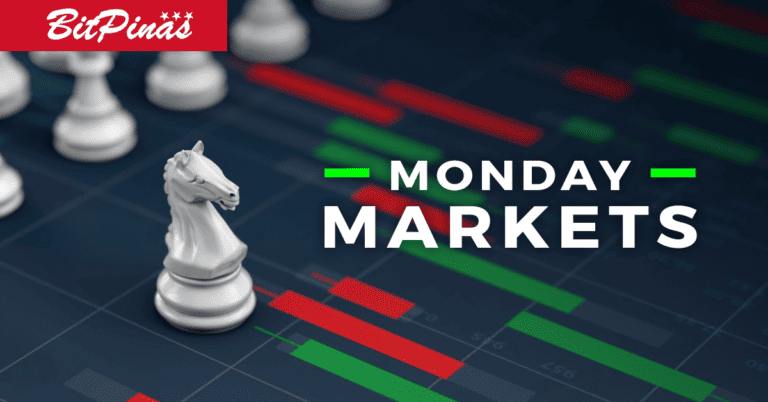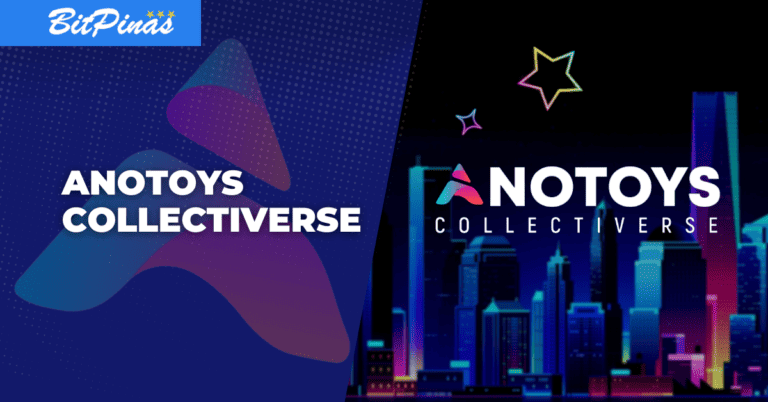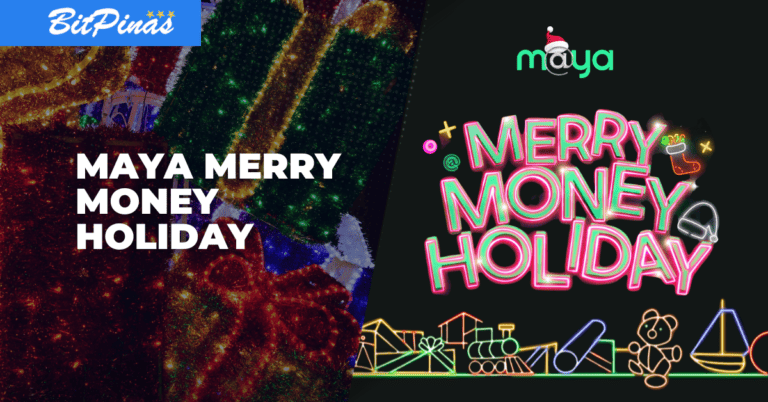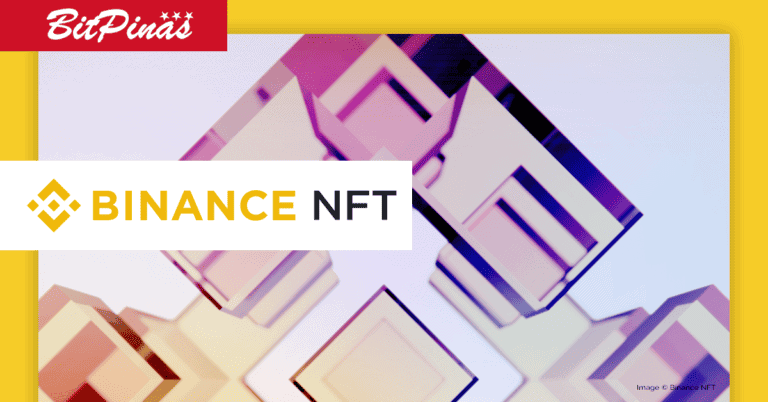Gameplay, Not Play-to-Earn Mechanics, Will Drive Blockchain Gaming Adoption in 2023: Report
And once the fun is addressed, it will not make any impact unless the players are able to easily find a way to play the blockchain game.
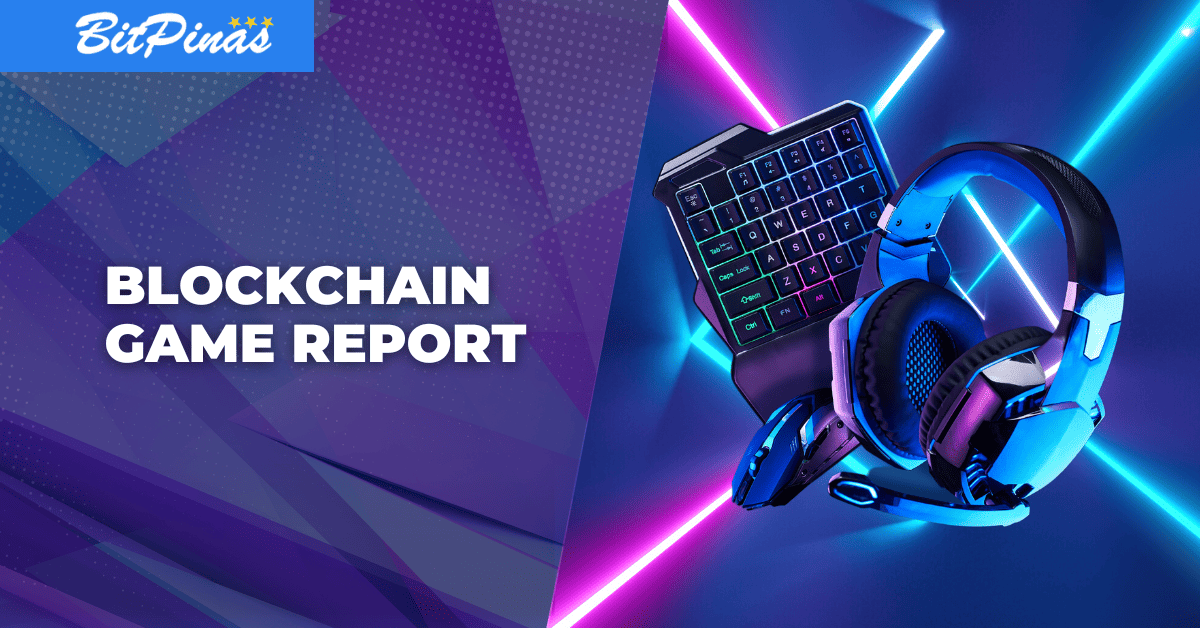
Subscribe to our newsletter!
Editing by Nathaniel Cajuday
- The Blockchain Game Alliance (BGA) survey reveals that the industry sees gameplay improvements as the main factor that will drive adoption in 2023.
- Digital asset ownership is still blockchain games’ key benefit but it is currently not utilized effectively.
- Traditional gaming studios that will enter the space are cited as a key factor that will also drive adoption
- Core challenges—including player onboarding—still remain while “play-to-earn” is no longer seen as the narrative that will drive adoption of blockchain gaming.
“Gameplay improvements” is the most important factor that will drive the adoption of blockchain games going forward. This is according to the results of the recently released Blockchain Game Alliance (BGA) annual survey of practitioners in the blockchain gaming industry.
“A key goal of the annual BGA survey is to learn from industry professionals what they believe is needed to advance blockchain gaming. When asked what will bolster the future of blockchain gaming over the coming year, 35.7% of respondents said gameplay improvements would be the industry’s top priority,” the alliance said in its report.

Digital Asset Ownership Remains Most Important, But Will Not Drive Adoption
In the wider gaming industry, physical games and their digital counterparts almost always cost about the same, but it has been observed that an increasing number of game purchases are digital. The major platforms—PlayStation, Xbox, and Nintendo—have seen an increase in the number of downloads in their own digital marketplaces as incentives like discounts have pushed forward their adoption.
However, it is not always the case that digital platforms will live forever. In 2022, the PlayStation 3 and PS Vita digital marketplaces announced their shutdown. By March 2023, Nintendo will shut down its Wii U and 3DS marketplaces. Players are encouraged to download their purchased games now because they will not be able to purchase them in the future.
Also, when discussing digital asset ownership in the blockchain gaming community, it almost always refers to individual items or assets in-game. In blockchain games, a player can do what they want with their items, the most important of which is that they are able to sell them without violating any terms of service, which is almost always the case in blockchain games. Also, if a game shuts down, the player can bring their assets to another game as long as it is supported.
The Mavis Hub by Axie Infinity developer Sky Mavis is one such platform that takes advantage of individual item ownership. Through its Builders Program, the firm has funded projects that will create games around Axie Infinity NFTs; the best-known example here is the Axie Doll.
Despite this, while the majority of the survey respondents (68.9%) believe the core benefit of blockchain games—digital asset ownership—remains its single most important contribution to gaming as a whole, it was not enough to drive adoption in 2022, as tokens tied to the games dropped in price, resulting in poor sentiment in the industry. Play-to-earn, after all, was the narrative that pushed forward the adoption of blockchain games in 2020 and 2021, not digital asset ownership.

“Asset ownership doesn’t make a lot of sense to me unless we have games designed to utilize this mechanic,” said Benjamin Ray, Developer Relations at Kongregate Games. “There is enough interest now from real developers that we can start to explore what’s possible. Having rid ourselves of the crypto-bro scourge, we have found those with a genuine set of principles that put players first.”
A Return to Fun
One common criticism leveled at blockchain games is that they are simply uninteresting because they are not that fun. Gameplay is the key element that dictates whether a video game is fun for the player or not. And the survey respondents in the BGA report agreed with this idea, with 35.7% of users citing “game improvements” as the top factor that will advance blockchain games in 2023. Although it is important to note that 37.5% of the respondents cited “Blockchain Games Not Being Fun” as a common misconception.
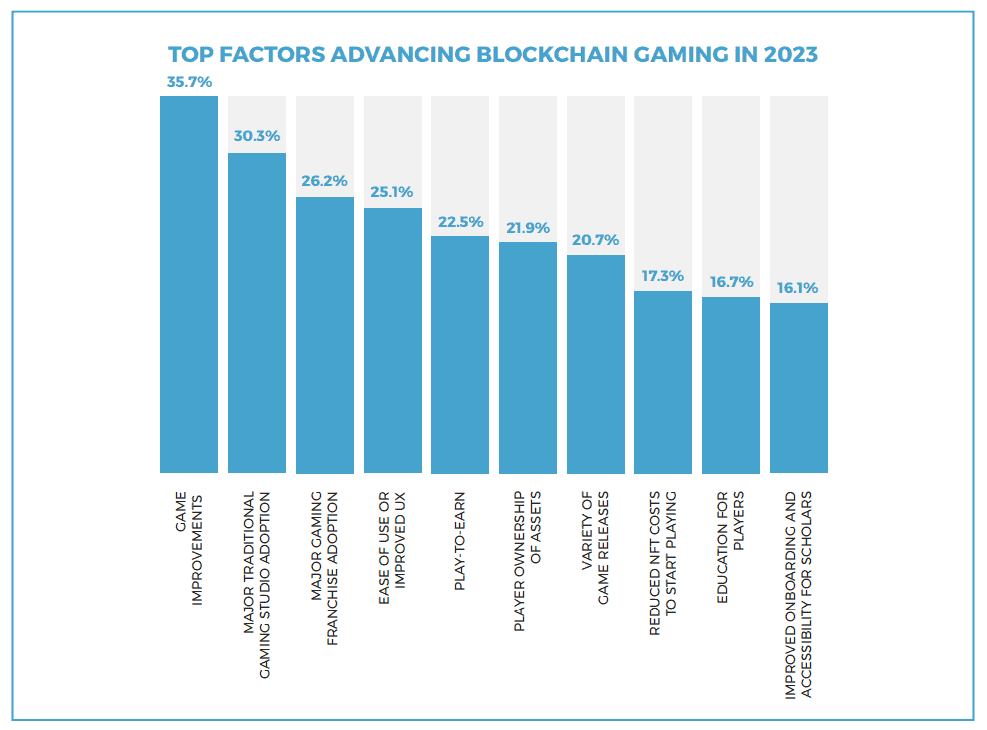
As defined by Casey Grooms, the CEO of Soulbound, “fun” will mean the onboarding of more traditional gamers in 2023. “As blockchain-enabled games become more fun to play and incorporate interesting game mechanics, we’ll see a larger number of traditional gamers, along with Gen Z gamers, come into the scene.”
With this, simple games might not get the funding their developers need going forward into 2023.
“In 2022, amid a deepening crypto bear market, capital has gotten smarter and more demanding. As a result, cheap point-and-click browser play-to-earn games are no longer getting the funding they used to get, and instead, more cutting-edge game studios integrating web3 and AI into Unreal Engine-based, high-fidelity games are seeing more traction,” explained Felix Hartmann, the Chief Investment Officer of Hartmann Metaverse Ventures.
Traditional Gaming Studios as Driving Factor, But Are They Really Coming to the Space?
Meanwhile, the survey respondents also see “traditional gaming studios” and “existing gaming franchises moving into web3” as a top driver to move the industry forward in 2023.
The report cited moves by established game publishers and developers, including:
- Com2Us establishing its NFT platform,
- NetMarble, being behind the hit NFT game “Ni No Kuni: Cross Worlds” (Ni No Kuni is a major IP by Level-5, a reputable game developer),
- Square Enix partnering with Oasys gaming blockchain to become one of its validators,
- Game distribution platform, Epic Games Store, is hosting top NFT game Blankos, despite Epic Games CEO Tim Sweeney not seeing the benefit of NFT in games.
Nicholas Pouard, VP of Strategic Innovation Lab and Head of Blockchain Initiatives at Ubisoft, a major game developer and publisher, insisted that the adoption of traditional game studios is the key that will lead to mainstream gamers’ adoption of blockchain games.
“I believe that, as blockchain technology is streamlined becoming more scalable, easier to implement and more sustainable, adoption by traditional gaming companies will be key in developing the player-centric applications that will lead to adoption by mainstream users,” Pouard said, in a quote from the report.
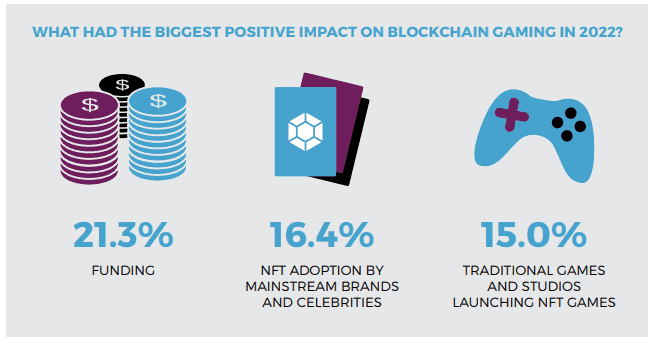
Nonetheless, some major studios that have stated their commitment to blockchain gaming have been observed to be on the sidelines:
Recently, Square Enix made headlines after it sold its western intellectual properties like Tomb Raider to focus, among other things, and invest heavily in blockchain games. It invested in game developer Gumi to develop blockchain games on its behalf using new own IP.
The new IP is emphasized above because it appears that while Square Enix might be convinced of NFTs and blockchain, it is not going to risk its most recognizable IPs being associated with an NFT game. For now, the closest Final Fantasy will get to NFT are physical action figures backed by NFT certificates.
But Jeff Zirlin, the co-founder of Sky Mavis, highlighted that he does not see traditional gaming studios making an impact in the space for now. “Every year we hear about major gaming studios coming into the space, but they are not really here and are still on the sidelines,” he said in an interview with this writer on the sidelines of the Philippine Web3 Festival event in November of last year.
Onboarding Players into Blockchain
Once the fun is addressed, it will not make any impact unless the players are able to easily find a way to play the blockchain game. 51% of the survey respondents agreed, seeing player onboarding and accessibility as the two biggest challenges in the industry.

That was not the case in 2020, when the Axie Infinity boom began against the backdrop of the pandemic and people turning to gaming—specifically, NFT gaming—not only to be entertained but also to earn money.
In 2022, with a return to normalcy and the bruteness of the bear market, there was simply no way a gamer would jump through all the hoops just to play a game. According to Mirko Basil Doelger, the CEO of Unix Gaming, blockchain gaming, despite all the innovations it has brought to the industry, has made onboarding unintuitive and obtrusive:
“Blockchain game developers should understand that games need to work for the player. We need to go through the hoops necessary to attract players, rather than demand the player jump through hoops to play the game. The fact is, if your blockchain game can’t provide a comparable or superior experience, you’re out.”
Platforms like MetaverseGo, for example, are intending to solve the onboarding problem. On a discovery platform, the user’s account is bound to the player’s mobile number, and they can start playing partner games without having to install crypto wallets or memorize seed phrases.
Coins.ph in the Philippines has also recently launched Coins Arcade. Within the app, the player can play an NFT game, so there is no need to create another wallet or even transfer earnings to another because Coins.ph is already a mobile crypto and e-money platform.
2023 Trends
Despite the challenges, the survey respondents are still very bullish on the blockchain gaming space, with a significant 89.3% of them saying that they believe they will still be in the industry in one year’s time.
With players as its top priority, the industry wants to focus on making games fun and accessible.
“I believe we will see a much better user experience, starting with easy game discovery, seamless onboarding of players through single accounts, reducing the capital needed to enter with cross-chain renting, and making more games free to play,” Matej Curda, the CEO of Playgrid, concluded.
This article is published on BitPinas: Gameplay, Not Play-to-Earn Mechanics, Will Drive Blockchain Gaming Adoption in 2023: Report
Disclaimer: BitPinas articles and its external content are not financial advice. The team serves to deliver independent, unbiased news to provide information for Philippine-crypto and beyond.

